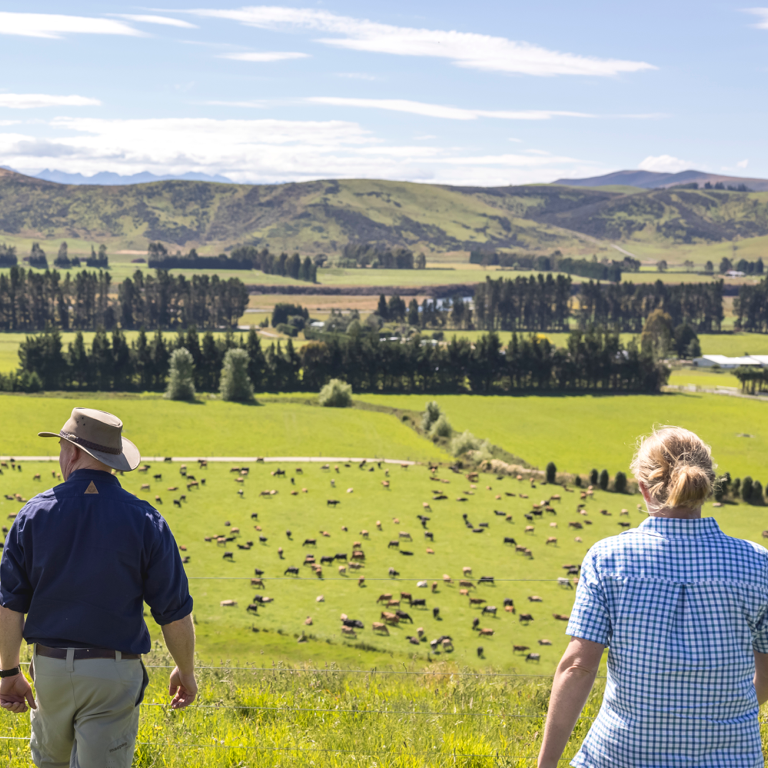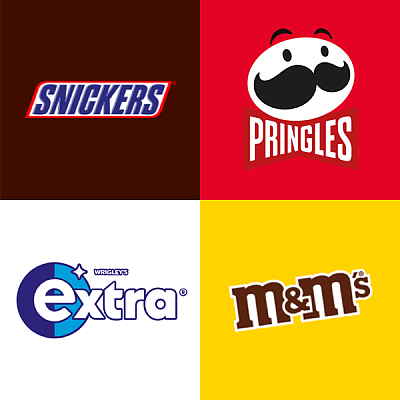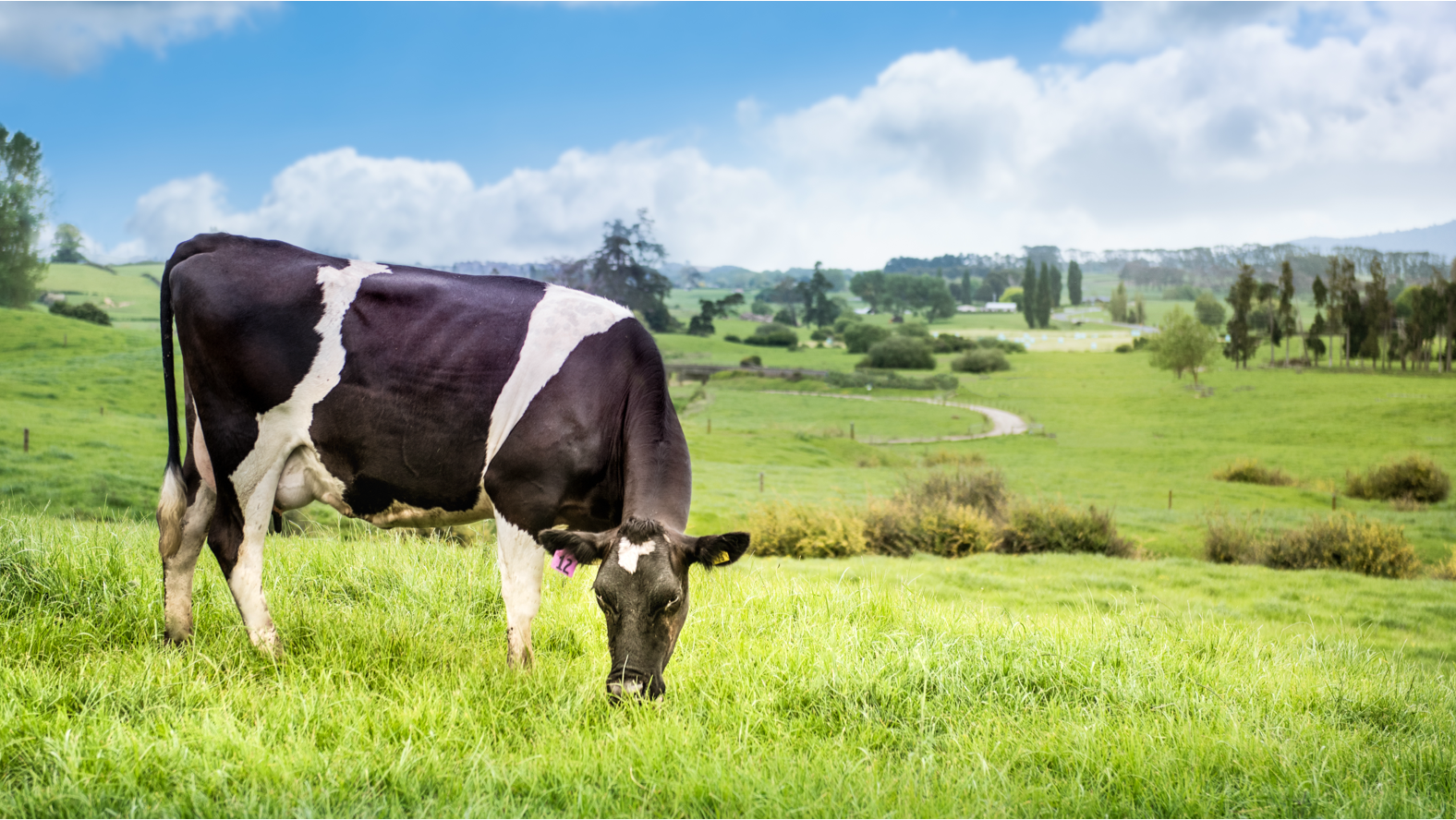Moo’ving Dairy Forward: Our Approach to Dairy Sustainability
Working to Cut Methane, Not Corners, Through our Moo’ving Dairy Forward Plan

At Mars, we love cows.
In fact, over 200,000 of our hoofed friends help us make our millions of tasty chocolate treats that are enjoyed around the world.
But the rumors are true: cows release gasses, along with other by-products of day-to-day cow life (manure and food production), that have an impact on our environment. In fact, dairy is the second largest contributor to the carbon footprint of our Snacking business.
Doing our part to keep our planet healthy is absolutely non-negotiable. Climate action is at the center of our dairy sourcing strategy, part of our multi-billion dollar Sustainable in a Generation plan that includes a 2050 Net Zero emissions commitment across our entire business.
In line with our 2030 ambition to slash emissions across our entire business by 50%, we’re reducing the carbon footprint of our dairy sourcing.
The details of our dairy plan
The complex dairy farming industry
No single farm is the same
Implementing plans to reduce GHG emissions on dairy farms is complex: no one farm is the same, they differ in size, structure – whether pasture-based, or barn-based – and have various soil types for growing crops. But we aren’t deterred! Mars is committed to bold out-of-the-box thinking when it comes to reducing dairy emissions.
We are supporting our supplier DMK on three net zero pilot farms in Germany that aim to implement and study proven and new technologies, with the ambition being to create a pathway towards net zero. This five-year project will test practices on different farm types across the country (e.g., size, soil type, etc.) while evaluating the farmer economics of each practice.



Changing the industry
The Sustainable Dairy Partnership
To build a truly more sustainable world, we know that the industry as a whole must embrace collaboration to co-create solutions that transcend what is currently possible.
We're proud to be a founding member of the Sustainable Dairy Partnership, an industry group for dairy buyers and producers that outlines a process for making progress against the Dairy Sustainability Framework’s 11 sustainability criteria.
Today, the majority of our dairy is sourced from producers that are members of the Sustainable Dairy Partnership.
What's Next
"At Mars, the door is always open to collaborate with forward-thinking minds: Entrepreneurs and disruptors that defy the status quo in pioneering new technologies. We believe that partnerships like these bridge the gap between established expertise and emerging ideas, fostering an environment where innovation thrives. We know that, together, with new pioneers and long-term partners, we can forge a path that not only mitigates the impacts of climate change but can also reshape our wider industry for a more sustainable future."









